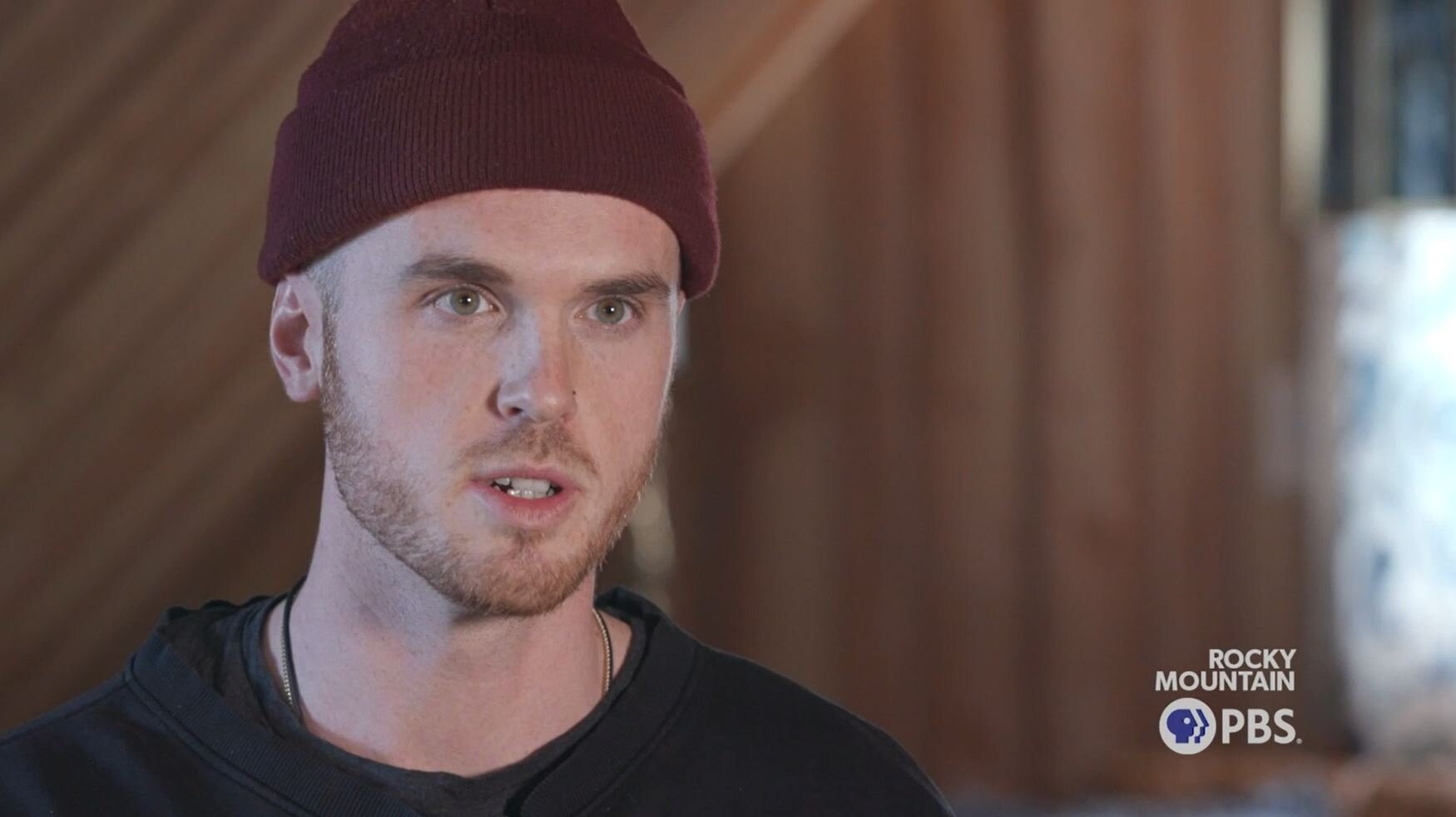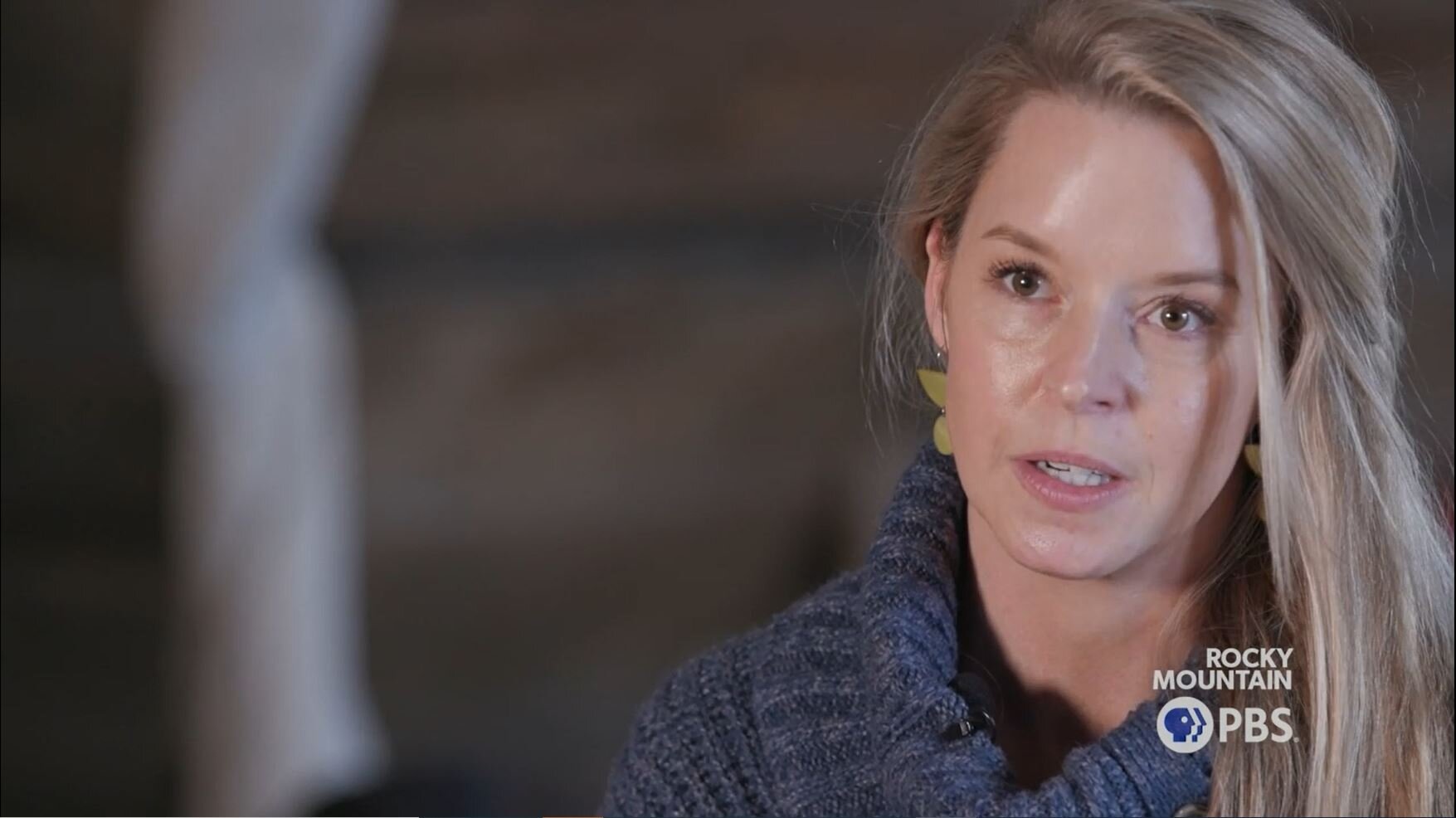Advocates want 'magic' mushroom therapy legalized for treating mental health issues

DENVER — Substances relegated to the underground for the last 50 years are finding their way back to the surface for many people choosing alternative ways of treating mental illness.
“I think we’re seeing a psychedelic boom and a renaissance, some people would call it. When you look at the research that’s coming out of Hopkins, NYU, and UCLA, the results are pretty astounding,” said Dr. Jennifer Tippett, a licensed clinical psychologist and the director of the substance use disorder specialty at the graduate school of professional psychology at the University of Denver.
Tippett is referring to recent studies on various psychedelics, including psilocybin, a compound in "magic" mushrooms that have been found to relieve symptoms of anxiety, depression and addiction. She’s just one person in a growing group of therapists nationwide that wants to legally offer psilocybin therapy to their patients.
“Quite simply, because what we’re doing doesn’t work, you just have to look at the numbers, especially when you talk about substance use. If you look at the literature, the relapse rate or the rate at which people go back to using is really high, even after intensive treatment. And it’s just that what we’re doing doesn’t work anymore,” Tippett said.
Related Stories
Tippett said not being able to use substances that have faired well in recent studies is frustrating: “It makes me sad, honestly, that a lot of the folks who could really benefit from these medicines aren’t able to access them."
Some therapists, including Tippett, want to go a step further than Denver’s 2019 decriminalization of psilocybin and legalize it for therapy and medicinal use through ballot initiatives recently approved by the Colorado Secretary of State. They will need more than 120,000 signatures to get their initiative on the November ballot.
Psilocybin and other psychedelics have existed for thousands of years. In 1971, the federal government made them illegal by classifying them as schedule one drugs, meaning that they have no medical use and carry a high propensity for abuse, despite the fact that some Black, brown and Indigenous communities have utilized them for centuries for mental health support and community connection.

“They’re ancient medicines,” says Matthew Duffy, co-founder of the Society for Psychedelic Outreach, Reform and Education, or SPORE. “Prohibition has only been for 50 years, so we think that psychedelics’ presence in society is a new emergent thing but it’s actually folk medicine; mushrooms, ayahuasca, peyote, and not even just those substances that are more known, but the herbs and plants and fungi that are all around us and have supported us for the longest time."
The Department of Regulatory Agencies, or DORA, would regulate therapeutic use in Colorado if “magic” mushrooms are legalized. But some advocates in the psychedelic community wonder if too much oversight would work against the communities who’ve been using these substances for so long.
“Legalization basically means commodification. Healers who are largely Indigenous folks, there’s not a lot of excitement from them for this work to be coopted by the medical therapeutic industrial complex. The conversation in Colorado needs to be how communities can work with government officials and political actors to make sure the rights and power to actually use a healing structure in the community is actually vested in the community,” Duffy said.
Courtney Mathis, also from SPORE, says there needs to be a racial justice component added to this conversation that goes beyond legalization, therapeutic use and regulation of psychedelics.

“Psychedelic justice is not our name and we can’t claim it, but it’s the idea that equity and racial justice are at the center of the psychedelic movement and that decisions around policy and use and access should absolutely be curated, stewarded and determined by people of color,” Mathis explained.
She said above all, people in charge of these substances should have experience using them: “Plant and psychedelic medicine come from generations of Indigenous use of legacy market use, these are the healers and medicine keepers, in order to honor the way they’ve practiced medicine and have ceremonial use we need to consider how to integrate all of that into more mainstream use.”
She also wants to remind people that the psychedelic movement’s purpose is help people make more informed decisions about their own healing journeys, not to glamorize psilocybin.
“I think we need to always remind folks that we are not pushing this movement forward so more white kids can do more drugs at festivals,” says Mathis.
Melanie Rose Rodgers, co-proponent for the 2022 ballot initiative to decriminalize entheogens and fungi, says her main worry in the rush to legalize psilocybin is that regulators won’t focus on health equity in order to ensure that people from Black, brown, Indigenous and LGBTQ+ communities have access as well.
“Who will have access? Will everyone have access? Will licensing leave some people out with so many regulations? And do I need regulations to tell me what my relationship with nature is?” Rodgers asked.
Whether laws are passed allowing people to legally access psilocybin for therapy or not, Tippett cautions that despite promising studies, this substance isn’t a panacea cure all for every mental health issue.
“Don’t expect a compound to do all the work. It won’t," she said. "It will probably just show you what you need to work on and then it’s up to you to do it."
Dana Knowles is a multimedia journalist at Rocky Mountain PBS. You can reach her at danaknowles@rmpbs.org.
Julio Sandoval is a multimedia journalist at Rocky Mountain PBS. You can reach him at juliosandoval@rmpbs.org.